Personal hygiene, healthy eating, cleaning toys, living areas and waste management are ways to prevent the virus that causes severe hand, foot and mouth disease.
On the afternoon of June 1, a representative of the Ho Chi Minh City Department of Health said that PCR testing of severe hand, foot and mouth disease cases showed that the dangerous Enterovirus (EV71) strain had reappeared since the 2011 outbreak, making the situation "really worrying". Currently, authorities have not found the cause of this virus's reappearance.
According to Dr. Nguyen Minh Tien, Deputy Director of the City Children's Hospital, the characteristics of EV71 are that it spreads very quickly and progresses severely, with high fever. Children with hand, foot and mouth disease caused by the EV71 virus can suffer from complications such as neurological, cardiovascular, pulmonary edema, shock, heart failure and rapid death.
"There are children who are brought to the hospital in the morning but may die by the afternoon," said Dr. Tien.
When EV71 enters the body, it usually resides in the cheek mucosa or intestinal mucosa in the ileum. After 24 hours, the virus will travel to the surrounding lymph nodes, from here it enters the blood causing sepsis. From sepsis, the virus reaches the oral mucosa and skin. The incubation period usually lasts 3-7 days.
The disease begins with fever, followed by blisters on the oral mucosa (gums, tongue, inside the cheeks), and a red rash on the hands and feet. In cases of EV71 infection, the disease will become more complicated, especially when the virus damages the central nervous system, which will manifest as typical meningitis.
Children with hand, foot and mouth disease caused by EV71 may be treated for 1-2 weeks or several months, even depending on a ventilator. After treatment, there may also be sequelae such as limb weakness, brain damage affecting body function and learning ability.
To prevent disease, the Ministry of Health recommends that people take the following measures:
Personal hygiene: Wash hands regularly with soap under running water many times a day (both adults and children), especially before preparing food, before eating or feeding children, before holding children; after going to the toilet, after changing diapers and cleaning children.
Food hygiene: Children's food must be nutritious; cooked food and water must be boiled; eating utensils must be washed clean (preferably soaked in boiling water); use clean water in daily activities; do not feed children; do not let children eat with their hands, suck their fingers, or suck on toys; do not share napkins, handkerchiefs, or eating utensils.
Clean toys and living areas: Households and kindergartens need to regularly clean surfaces and objects such as toys, learning tools, doorknobs, stair handrails, table tops, chairs, floors, etc. with soap or common detergents.
Waste management: Waste must be collected, treated and disposed of in sanitary toilets.
In addition, children must be regularly monitored for health to detect early signs such as blisters on the palms of the hands and feet, mouth ulcers, etc., thereby isolating them promptly to limit the spread.
Children with hand, foot and mouth disease need to be closely monitored and early detected for serious symptoms such as persistent high fever, frequent vomiting, dizziness, and shaking hands and feet. Sick children must be isolated for at least 10 days from the onset of the disease, and children showing symptoms of the disease must not be allowed to attend class or play with other children.
American Italy
Source link


![[Photo] General Secretary To Lam works with the Standing Committee of Quang Binh and Quang Tri Provincial Party Committees](https://vphoto.vietnam.vn/thumb/1200x675/vietnam/resource/IMAGE/2025/6/25/6acdc70e139d44beaef4133fefbe2c7f)

![[Photo] More than 124,000 candidates in Hanoi complete procedures for the 2025 High School Graduation Exam](https://vphoto.vietnam.vn/thumb/1200x675/vietnam/resource/IMAGE/2025/6/25/fa62985b10464d6a943b58699098ae3f)
![[Photo] First training session in preparation for the parade to celebrate the 80th anniversary of National Day, September 2nd](https://vphoto.vietnam.vn/thumb/1200x675/vietnam/resource/IMAGE/2025/6/25/ebf0364280904c019e24ade59fb08b18)


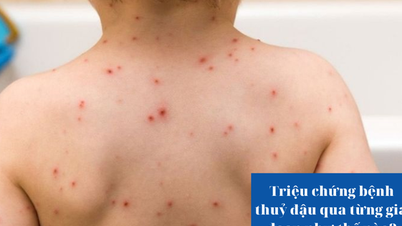

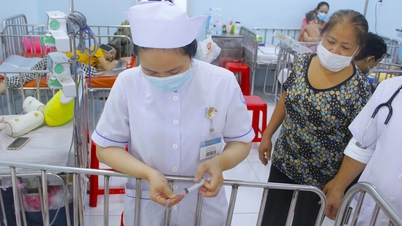

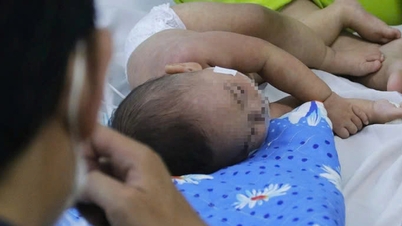



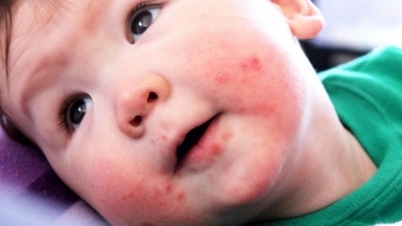
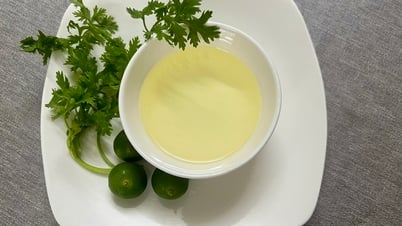


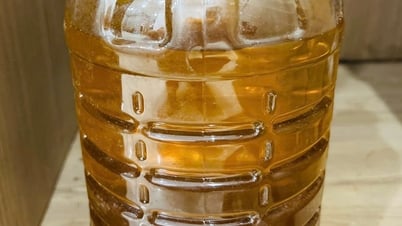
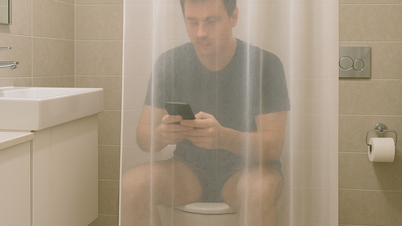
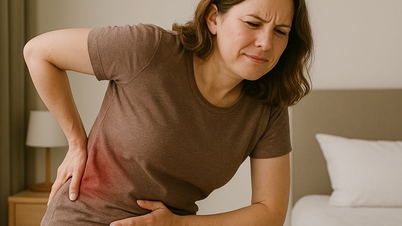











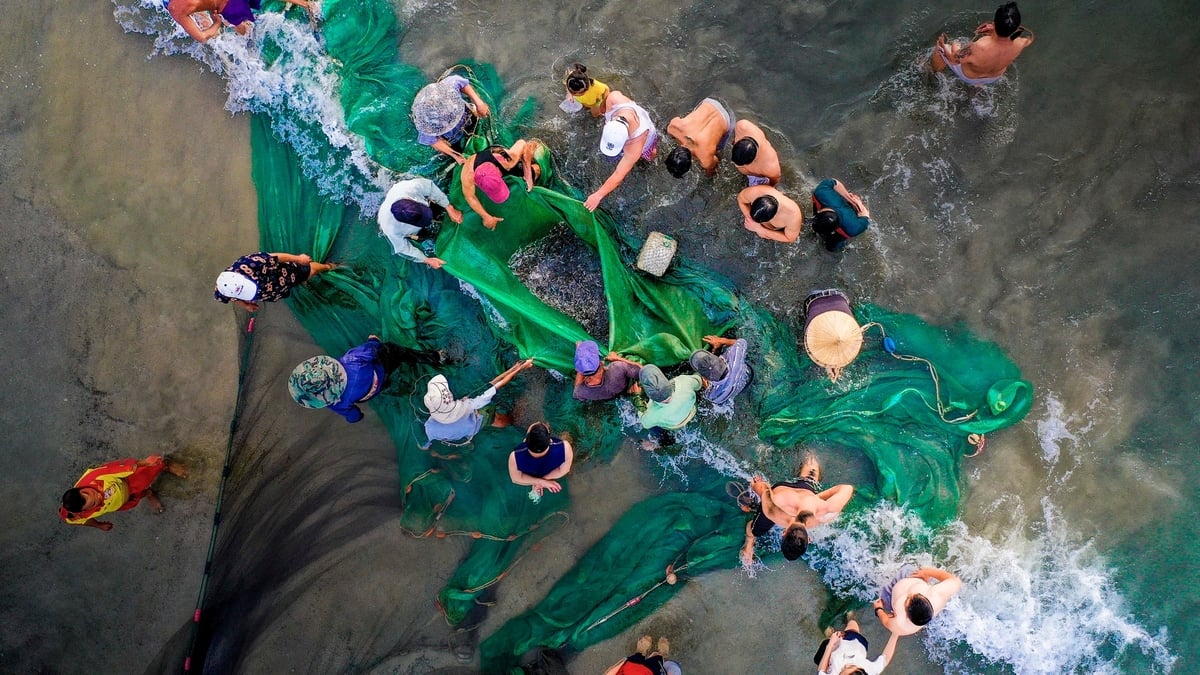













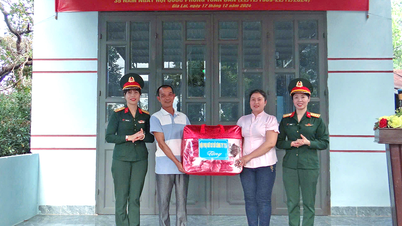
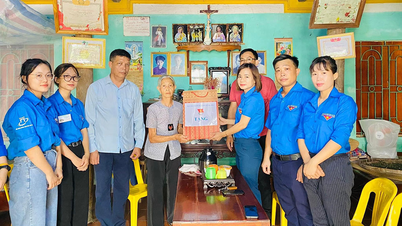


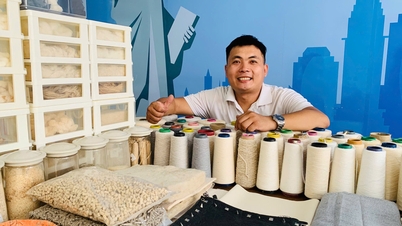
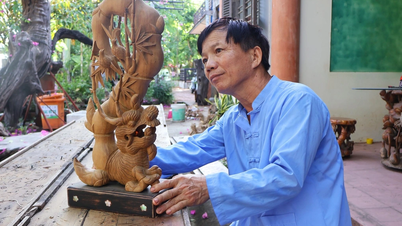






















































Comment (0)